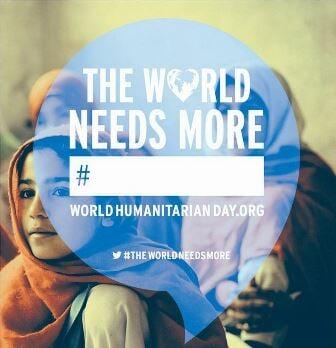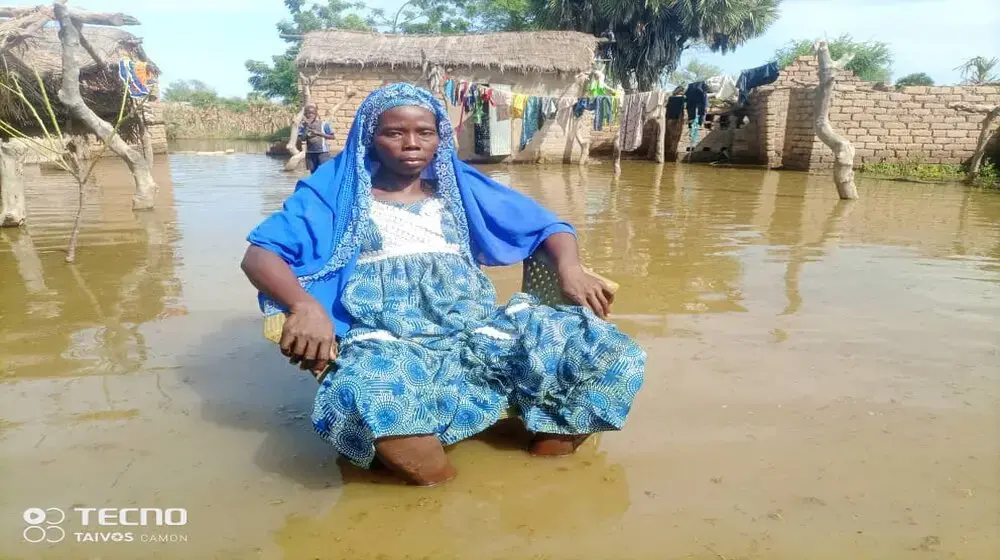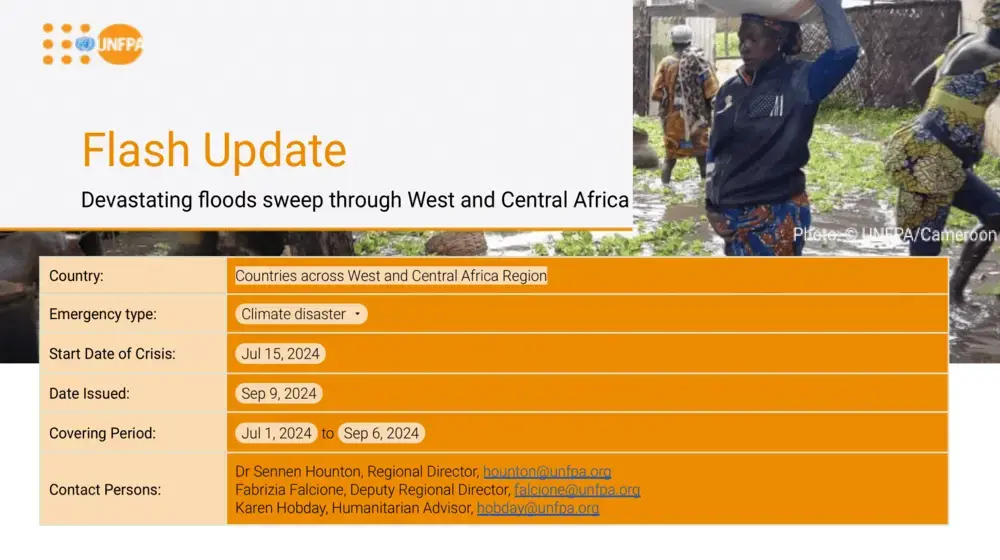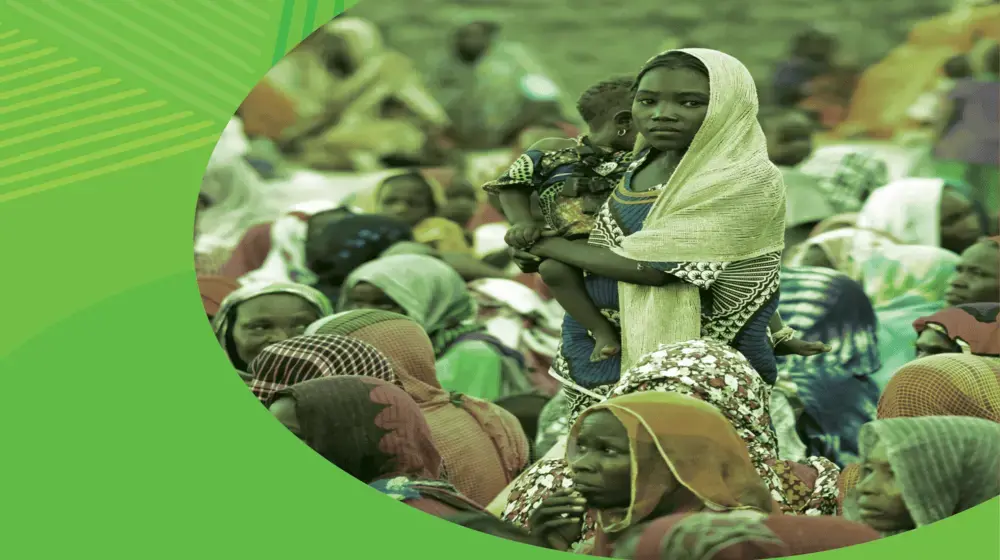Dakar (Senegal) As the world marks the World Humanitarian Day on 19th August whose 2013 campaign theme asks “What do you think the world needs more of?” the United Nations Population Fund (UNFPA), through its Executive Director Babatunde Osotimehin, believes the world needs more “choices” while paying tribute to humanitarian workers serving under difficult conditions and remember those who lost their lives.
In his statement on the Day, the UNFPA Executive Director Babatunde Osotimehin noted that “women and girls, who make up more than half the world, must be able to make informed choices about their health, their bodies and thus the future of their lives, families and communities. “
“When an emergency strikes, what choices do pregnant women have if they cannot reach a health facility to deliver safely? What choice does a 12-year old girl have when forced to marry an older relative?” he asked.
“ The world needs more…” campaign which runs until 24th August enables to sponsor a word the world could use more of. People then ‘unlock’ money pledged by sponsors by ‘sharing’ these words through social media and SMS.
The campaign will not only raise awareness but will also help the humanitarian community garner cash to support an estimated 73 million affected by conflict, natural disasters or crises that flow from poverty, inequality and under-development.
In celebrating people who continue to provide aid, no matter the risks and sacrifices, UNFPA Executive Director Babatunde Osotimehin recalled meeting, earlier this year, 65-year-old retired midwife, Munira Sha’ban, in Zaatri refugee camp in Jordan.
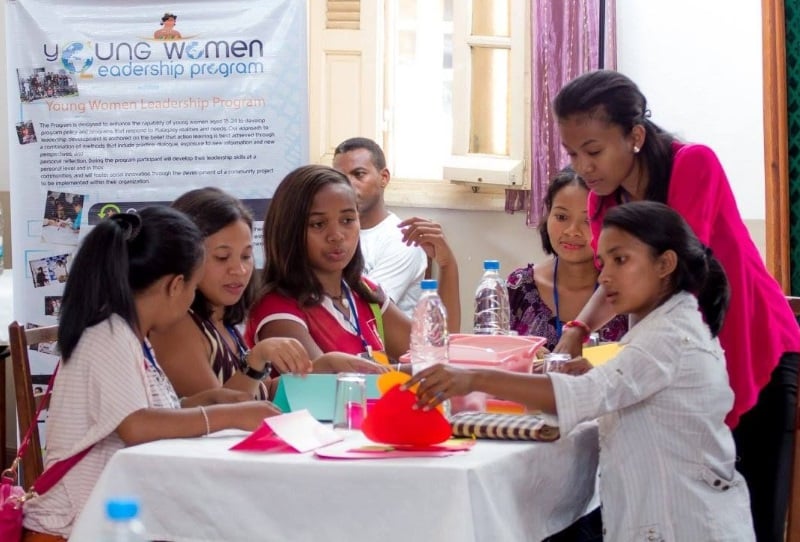
Munira embarks on the two-hour bus journey from Jordan’s capital, Amman every day, to the camp near the Syrian border to train midwives working in the camp and supervise them in UNFPA supported clinics which provide antenatal, obstetric, delivery and postnatal care.
Nearly 15,000 Syrian refugees in Jordan will likely be pregnant this year. Munira’s skills and knowledge mean the difference between life and death for pregnant women and their newborns, he noted.
“Whether in Syria, Mali or the Philippines, or any other crisis situation, UNFPA staff and partners do all they can to ensure that the unique needs of women and girls are factored into all humanitarian assistance. Not only do we protect the lives of mothers and their newborns, but we also provide medical care and social support for survivors of gender-based violence and put in place mechanisms to prevent further attacks,” the UNFPA boss pointed out in his statement.
Dr Osotimehin pledged that UNFPA will continue to increase its presence whenever a crisis hits and wherever women and girls are vulnerable.
UNFPA aims to provide women and girls made vulnerable by crises with choices by ensuring that every pregnancy is wanted, every childbirth is safe, and every young person’s potential is fulfilled.

